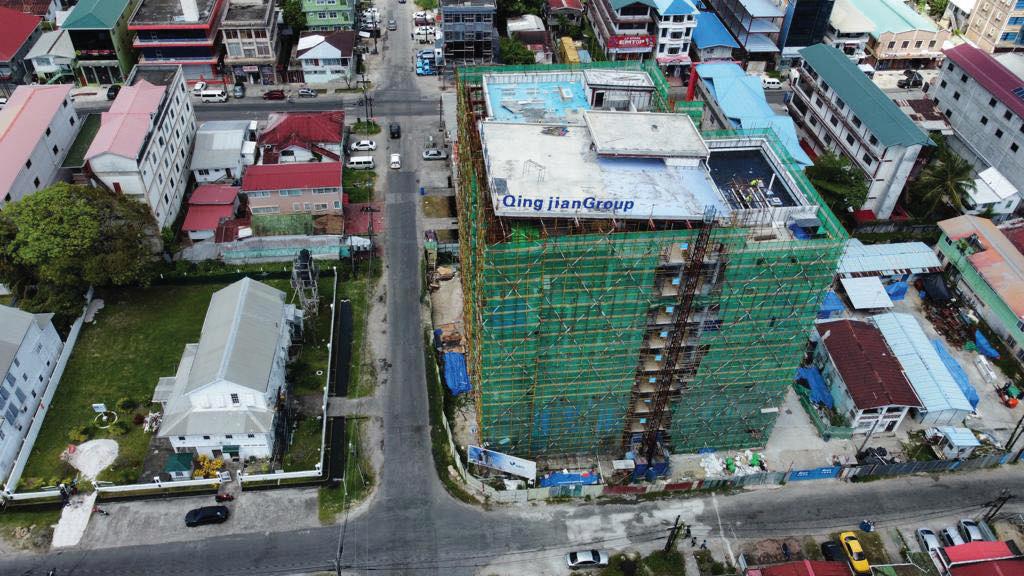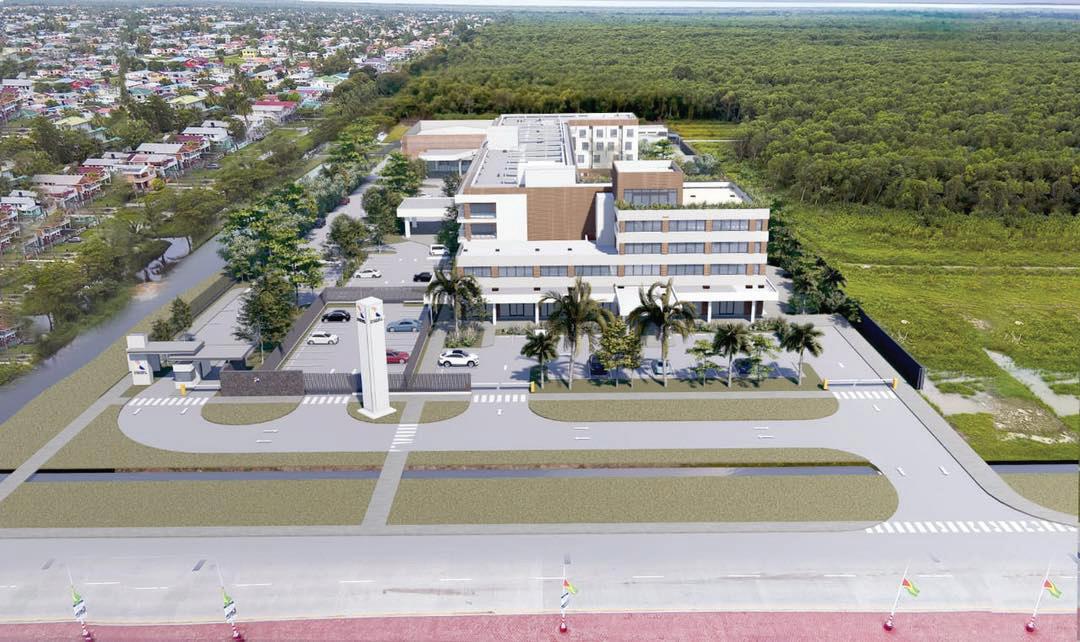
1 minute read
Guyana’s growth prospects ...
was a challenge for 49 per cent of firms in the broader Caribbean region.
The report reveals that some obstacles have become more pronounced in recent years. Comparing the 2020 survey results to those of 2014, a larger share of firms identified electricity, tax rates, skilled workers, collateral requirements, interest rates, customs and trade, and land as major and severe obstacles.
Advertisement
The surge in economic activity and capital inflows has increased the demand for credit and skilled workers, while access to land has become more challenging due to rising property values.
Connectivity services also play a crucial role in the business landscape. In terms of power interruptions, Guyana reported a higher share of firms experiencing such interruptions compared to the Caribbean average.
However, fewer firms in Guyana reported mobile and internet service interruptions compared to the regional average. While improvements have been made in the electricity supply, Guyana still faces the highest number of reported power outages per month across Caribbean countries. Nonetheless, the average length of outages in Guyana was relatively better than the regional average.
Recognising the impor- tance of private sector development, the Guyanese government has outlined initiatives in its Low Carbon Development Strategy 2030 (LCDS). The strategy emphasises the need to diversify the energy matrix, transition to cleaner energy sources, and reduce electricity costs. Key projects, such as the gas-to-shore project, aim to lower electricity costs and support private sector growth by utilising natural gas and renewable energy sources.
Additionally, plans are in place to construct solar power plants in various regions and develop hydroelectric power plants near the Brazilian border, funded in part by the Government of Norway.
As Guyana’s economy continues to thrive, private sector growth remains a crucial driver of sustainable development. Addressing the identified obstacles, such as electricity supply, tax rates, and skilled labour, will be vital for creating a conducive environment that enables businesses to seize the growing opportunities in the country.

With the government’s commitment to infrastructure development and renewable energy projects, Guyana is positioning itself to further enhance the business climate and support the expansion of the private sector.














